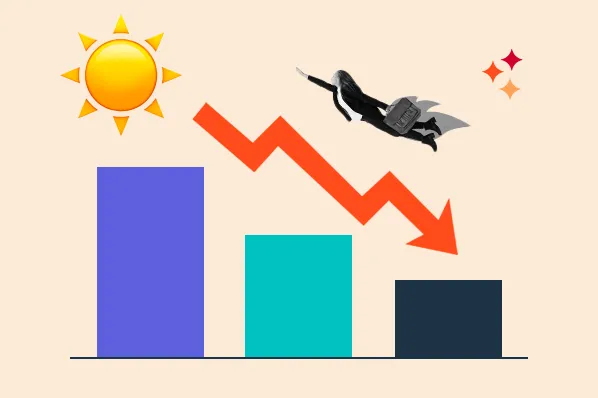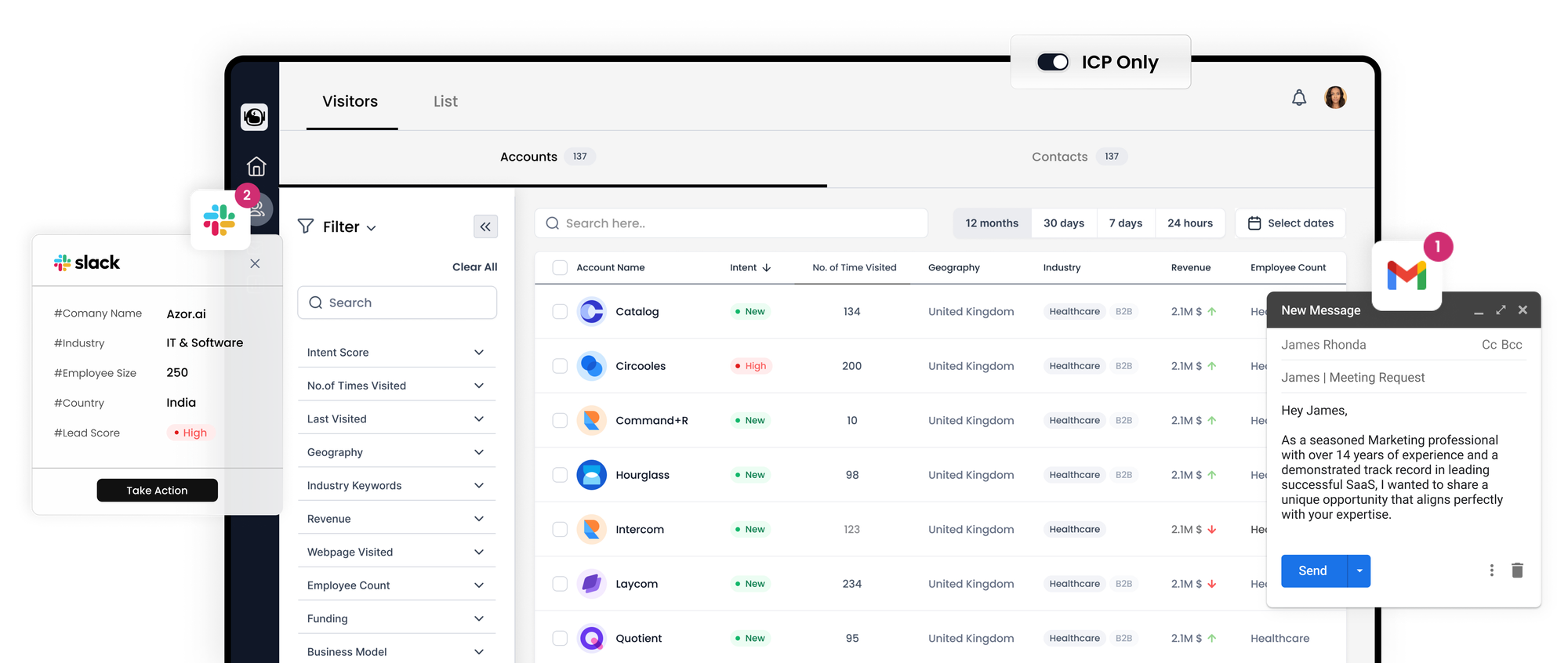A Step-by-Step Guide to Excelling in B2B Sales

B2B sales professionals are pivotal to a company’s sales framework. They spearhead the creation of a dynamic sales process, from initial prospect research to finalizing deals, and are instrumental in acquiring customers, fostering relationships, and securing substantial contracts.
Here’s what you need to know to become a standout B2B sales representative.

Defining a B2B Sales Representative
A B2B sales representative has a distinct function from their B2C counterparts. B2C reps typically adhere to a set sales strategy, investigate the histories of potential clients, and propose solutions tailored to the challenges customers face.
In contrast, B2B sales reps focus on establishing and nurturing relationships with key players within businesses to sell an array of products and services, utilizing sales calls, video calls, and emails as their primary tools.
The Intricacies of B2B Sales
B2B sales stand apart from B2C sales due to the complexity and duration of the sales cycle, the involvement of multiple decision-makers, and the higher stakes attached to the products or services being sold. Consequently, it may take three months or more to conclude a B2B transaction.
The term "complex sales" comes into play due to the multi-layered nature of B2B sales, which often sees sales reps addressing the concerns of various stakeholders, each with specific requirements.
For instance, consider a sales rep offering project management software to a company's executives. The buying committee could include representatives from technology, finance, and other departments, each with unique concerns. The finance department might prioritize cost efficiency, while the tech team might be interested in platform integrations, and project managers might need user capacity for up to 100 individuals.
A B2B sales rep can seal the deal by crafting an offer that caters to the diverse needs of these stakeholders. To do so effectively, the rep must thoroughly understand the distinct requirements of each decision-maker involved.
The Responsibilities of a B2B Sales Representative
A B2B sales representative is accountable for the complete oversight of the sales pipeline, from the generation of leads to their conversion into customers. Key duties include:
- Conducting in-depth market research to identify sales opportunities within the target industry.
- Implementing strategic cold outreach via emails and calls to generate leads.
- Proactively contacting potential leads to evaluate their needs.
- Fostering leads by gaining an in-depth understanding of their challenges.
- Facilitating product demonstrations while managing inquiries and objections.
- Engaging with multiple stakeholders and decision-makers to deliver added value.
- Negotiating and finalizing deals to maximize revenue.
- Overseeing all B2B sales initiatives within a designated territory, industry, or region.
To thrive in the B2B sales environment, representatives must possess a blend of research acumen, strategic outreach capabilities, negotiation skills, and relationship management expertise, all while navigating the multifaceted web of stakeholder requirements.
A Stepwise Breakdown of the B2B Sales Journey
1. Initial Research
The B2B sales journey commences with in-depth research to pinpoint businesses that could benefit from the offered products or services. Sales reps delve into understanding target demographics, identifying key decision-makers, and discerning the most effective communication channels, employing tools like social media, corporate websites, and industry news.
2. Lead Prospecting
This phase involves reaching out to potential clients through cold outreach methods like emails and calls to spark interest and gauge their readiness to engage with the product or service. The goal is to assess the lead's position in the buying cycle.
3. Discovery Phase
A crucial need assessment takes place during discovery calls, where sales reps establish whether there's a fit between what the prospect seeks and what’s offered. This dialogue revolves around understanding the prospect’s current challenges, goals, and budget, setting the stage for tailored outreach strategies.
4. Pitch and Product Demonstration
Armed with insights from the discovery stage, sales reps tailor their pitch to address the prospect's specific needs and pain points directly. This stage often invites numerous objections, particularly with complex solutions, requiring reps to be well-prepared to counter them and advance the deal.
For mastering objection handling and improving sales closure rates, tools like Salesken offer real-time assistance to sales professionals.
5. Negotiation Process
Negotiation is an intricate and recurring element in B2B transactions. Sales representatives engage in discussions over various aspects, including pricing, feature sets, and implementation details. Fine-tuning these elements is vital to securing a mutually agreeable deal.
6. Closing and Conversion
The final conversion stage can be the most challenging, with many promising negotiations failing to result in a sale. Successful conversions, however, yield substantial returns on investment. Efficient customer onboarding during this stage is imperative to ensure a smooth transition and lay the groundwork for a lasting business relationship.
Top 10 Characteristics of High-Performing B2B Sales Professionals
1. Emotional Intelligence
A top-tier B2B sales representative is adept in emotional intelligence, exhibiting empathy to forge strong connections with clients. They gauge the client's requirements and concerns astutely, presenting solutions authentically and transparently, and even acknowledging when their offerings may not be the ideal fit.
2. Active Listening
Successful B2B sales reps excel in active listening, ensuring they fully comprehend the client's challenges before proposing their solutions. This approach not only builds trust but also enables them to tailor their offerings more effectively to the client's specific needs.
3. Resilience
The path of a B2B salesperson is strewn with rejection; thus, resilience is crucial. It allows them to bounce back from setbacks without taking rejections personally, using them instead as opportunities for growth and improvement.
4. Time Management Proficiency
Juggling research, outreach, and follow-ups require exemplary time management skills. Effective B2B reps prioritize tasks strategically to maximize their productivity and efficiency.
5. Research Acumen
Being well-versed in research allows sales professionals to thoroughly understand a potential client's business landscape, including their market standing, challenges, and decision-makers, which is critical for successful engagement and conversion.
6. Negotiation Expertise
Negotiation in B2B sales extends beyond pricing discussions to encompass the entire sales process. Skilled negotiators find common ground, fostering agreements that address the needs of all stakeholders involved.
7. Technical Savviness
While not needing to be IT experts, B2B sales reps should possess sufficient technical knowledge to confidently discuss product specifics, integration capabilities, and data security, which reinforces their credibility.
8. Networking Ability
Strong networking skills are a significant asset, enabling sales reps to generate leads, cultivate relationships, and unlock new opportunities for their companies.
9. Integrity
Integrity is non-negotiable; successful B2B sales representatives are transparent and truthful, ensuring they never mislead clients. This builds long-term trust and maintains the company's reputation.
10. Social Selling Prowess
In today's digital age, adeptness at social selling is essential. Sales reps must utilize platforms like LinkedIn effectively to engage with their ideal customer profiles, disseminating educational content, and leveraging social listening tools to identify and respond to customer needs and trends.
